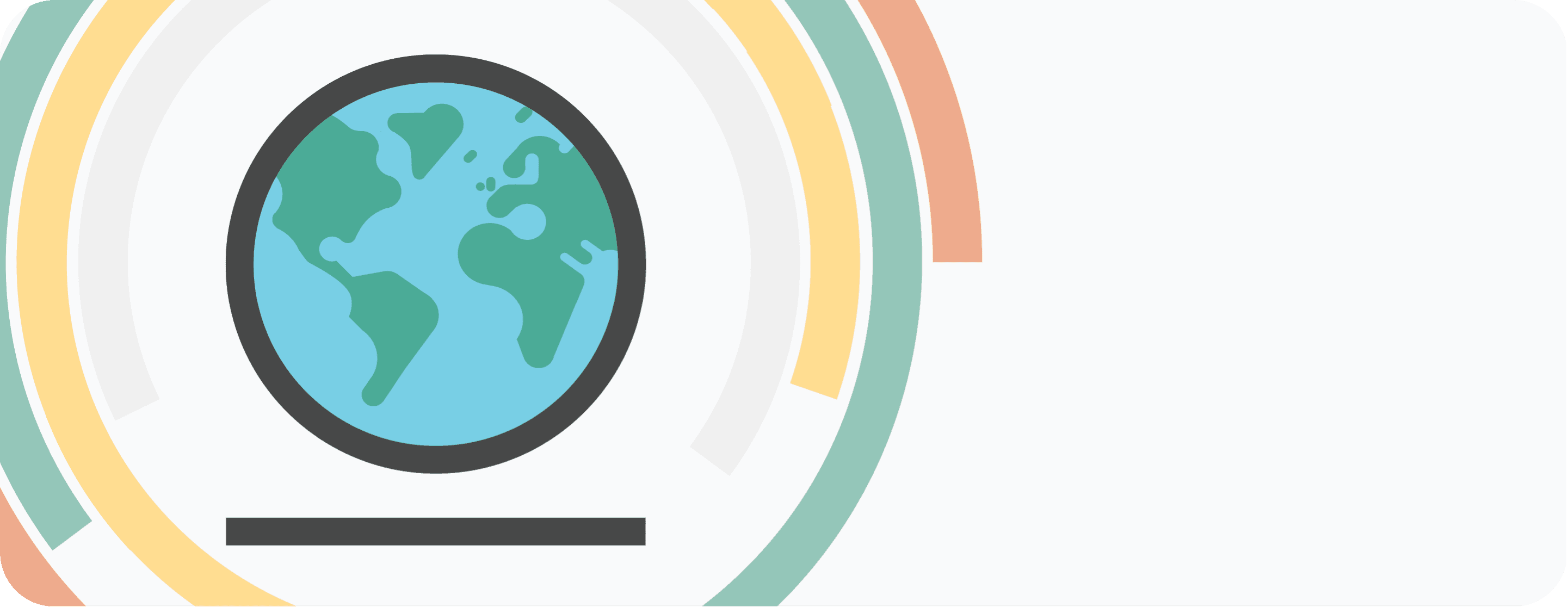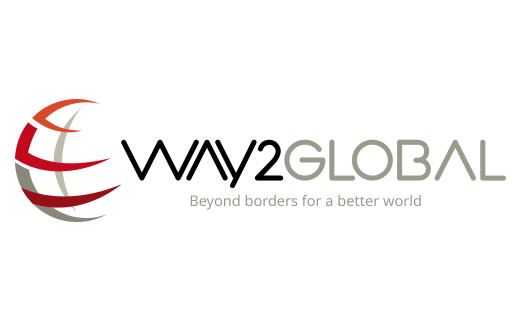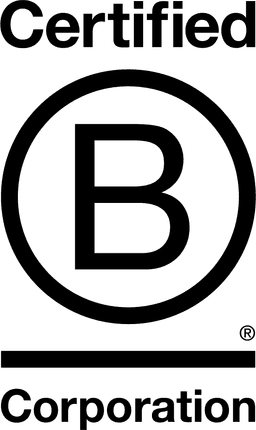

Way2Global Srl SB

Lombardy, Italy
January 2019
Other professional, scientific & tech
Service with Minor Environmental Footprint
France,
Germany,
Italy,
Luxembourg,
United Arab Emirates,
United Kingdom,
United States
Way2Global is the new spin-off company developed by Trans-Edit Group as a Benefit Corporation to spread and enhance communication in every language on every market, thus fostering cross-border and cross-cultural understanding in the spirit of the UN Resolution A/71/L.68. Their professional translation, interpreting and localization solutions boost global brands’ identity and growth strategies on the most demanding industry verticals: Finance & Legal, Fashion & Luxury, Technical, Marketing. Way2Global enhances businesses international visibility by leveraging its disruptive innovation power as a startup paired with its nearly three-decade track record of industry leadership. Their strengths are comprised of a global reach, an agile, innovative, and sustainable business model inspired by Benefit Corporations, a triple ISO Quality Certification, and a pioneering technology supporting human competence and ingenuity.
Overall B Impact Score
Governance 23.8
Governance evaluates a company's overall mission, engagement around its social/environmental impact, ethics, and transparency. This section also evaluates the ability of a company to protect their mission and formally consider stakeholders in decision making through their corporate structure (e.g. benefit corporation) or corporate governing documents.
What is this? A company with an Impact Business Model is intentionally designed to create a specific positive outcome for one of its stakeholders - such as workers, community, environment, or customers.
Workers 42.9
Workers evaluates a company’s contributions to its employees’ financial security, health & safety, wellness, career development, and engagement & satisfaction. In addition, this section recognizes business models designed to benefit workers, such as companies that are at least 40% owned by non-executive employees and those that have workforce development programs to support individuals with barriers to employment.
Community 28.9
Community evaluates a company’s engagement with and impact on the communities in which it operates, hires from, and sources from. Topics include diversity, equity & inclusion, economic impact, civic engagement, charitable giving, and supply chain management. In addition, this section recognizes business models that are designed to address specific community-oriented problems, such as poverty alleviation through fair trade sourcing or distribution via microenterprises, producer cooperative models, locally focused economic development, and formal charitable giving commitments.
Environment 13.6
Environment evaluates a company’s overall environmental management practices as well as its impact on the air, climate, water, land, and biodiversity. This includes the direct impact of a company’s operations and, when applicable its supply chain and distribution channels. This section also recognizes companies with environmentally innovative production processes and those that sell products or services that have a positive environmental impact. Some examples might include products and services that create renewable energy, reduce consumption or waste, conserve land or wildlife, provide less toxic alternatives to the market, or educate people about environmental problems.
Customers 7.8
Customers evaluates a company’s stewardship of its customers through the quality of its products and services, ethical marketing, data privacy and security, and feedback channels. In addition, this section recognizes products or services that are designed to address a particular social problem for or through its customers, such as health or educational products, arts & media products, serving underserved customers/clients, and services that improve the social impact of other businesses or organizations.
What is this? A company with an Impact Business Model is intentionally designed to create a specific positive outcome for one of its stakeholders - such as workers, community, environment, or customers.